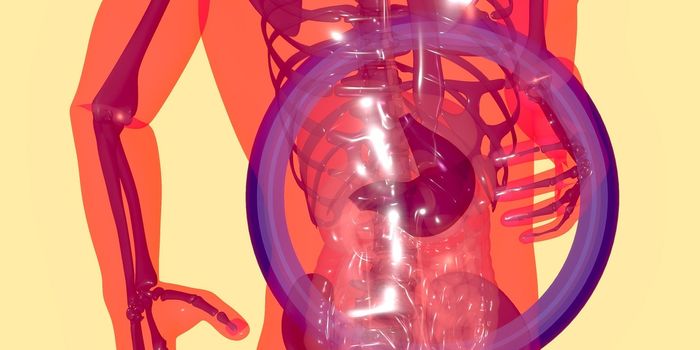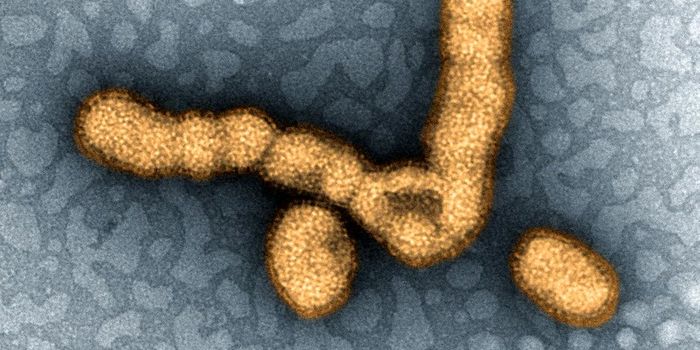Herbal Medicine May Help Restore the Microbiome, Treat Gulf War Illnesses
About one-third of Gulf war veterans have chronic and unexplained medical issues that include gastrointestinal disorders, myalgic encephalomyelitis/chronic fatigue syndrome (ME/CFS), fibromyalgia, and other symptoms. Though these problems are often collectively called Gulf War syndrome or Gulf War Illness (GWI), there is no single name for the symptoms, and they vary widely. Some of these health problems might relate to exposure to chemicals used in warfare, psychological trauma, or burn pits and the resulting release of airborne toxins, but researchers are still unsure of the cause or causes of the disorder. A few years ago, scientists began assessing the gut microbiome in Gulf War syndrome and in a mouse model of the syndrome, they found disturbances.
Many research studies have tried to characterize what a healthy gut microbiome looks like, and we know some microbes can be beneficial while others can be harmful. We also know that diversity in the microbiome is a sign of a healthy gut microbiome. When gut microbiota are out of balance, nasty microbes might grow too much, which can damage and create gaps in the lining of the intestine. Molecules produced by microorganisms in the microbiome, like bacteria or viruses, can then leak through those intestinal wall gaps and into the bloodstream. After spreading through the body, they may trigger responses from the immune system and cause inflammation or other symptoms of disease.
The director of the University of South Carolina’s Environmental Health & Disease Laboratory Saurabh Chatterjee and colleagues found that microbiomes disrupted by GWI generate endotoxins that move through the leaky gut. Some of these molecules may eventually end up in the brain where they could lead to disease.
Scientists have now identified an herbal medicine called andrographolide that's popular in Southeast Asia, which may help restore health and balance in gut microbiomes that have been disrupted by chronic disorders like Gulf War syndrome. Many of these disorders have unclear causes, are difficult to treat, and involve overactive inflammation, which has been suggested to be an underlying cause of many diseases.
Andrographolide reduced neuroinflammation and inflammation in the gut, and helped raise levels of beneficial bacteria and lower the levels of harmful bacteria. Andrographolide has been used for a long time and is still popular in India and China, said study co-author Punnag Saha, a graduate student.
Saha added that the herbal medicine "has numerous beneficial effects for liver and gastrointestinal disease. Scientists have conducted significant research about its beneficial properties on various disease models including the antiviral properties it possesses; however, andrographolide’s efficacy on the various ailments associated with chronic multi-symptom illnesses has never been studied.”
Andrographolide has a range of antimicrobial effects; it's thought to be antibacterial, anti-viral, and anti-inflammatory. The authors noted that clinical trials would be needed to evaluate whether the herbal medicine is an effective treatment for chronic diseases.
“The quest for identifying novel pathways of pathophysiology and to target them with compounds derived from natural products or botanicals remain a top priority for our research,” Chatterjee said.
Sources: AAAS/Eurekalert! via University of South Carolina, Brain Sciences









